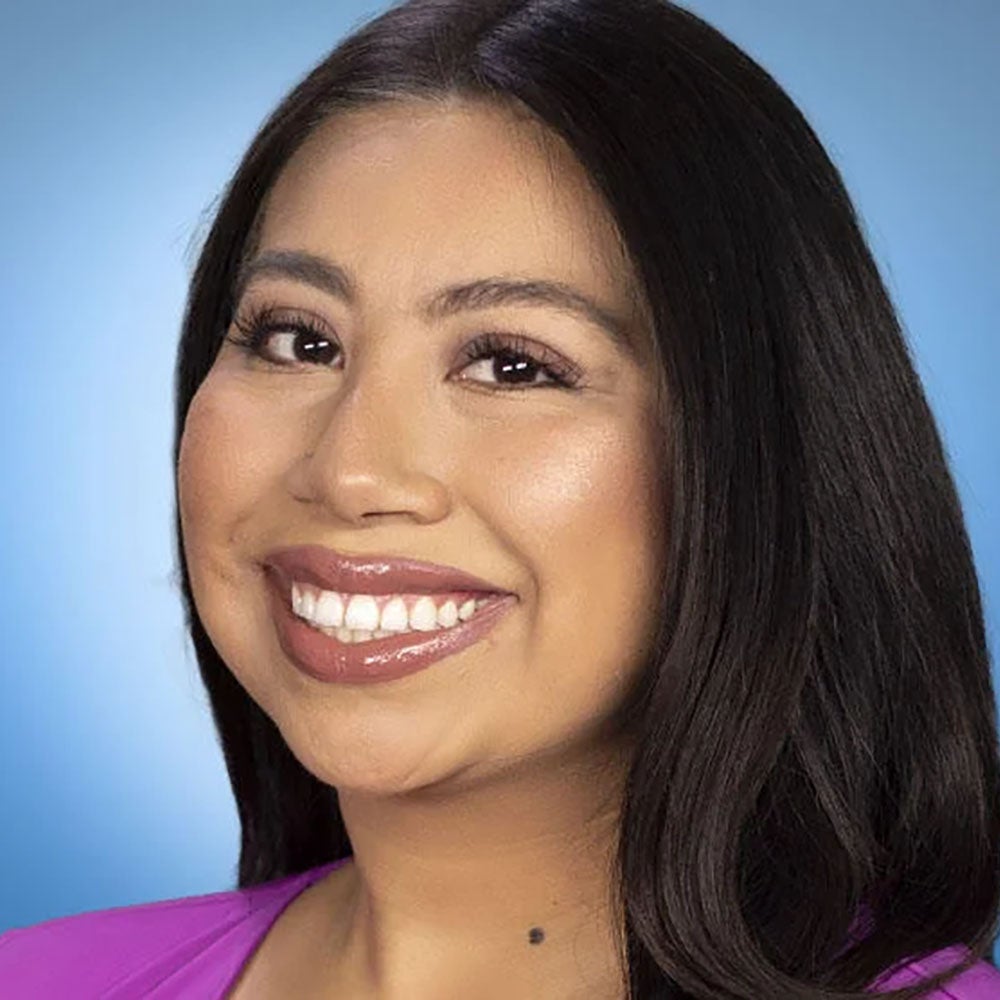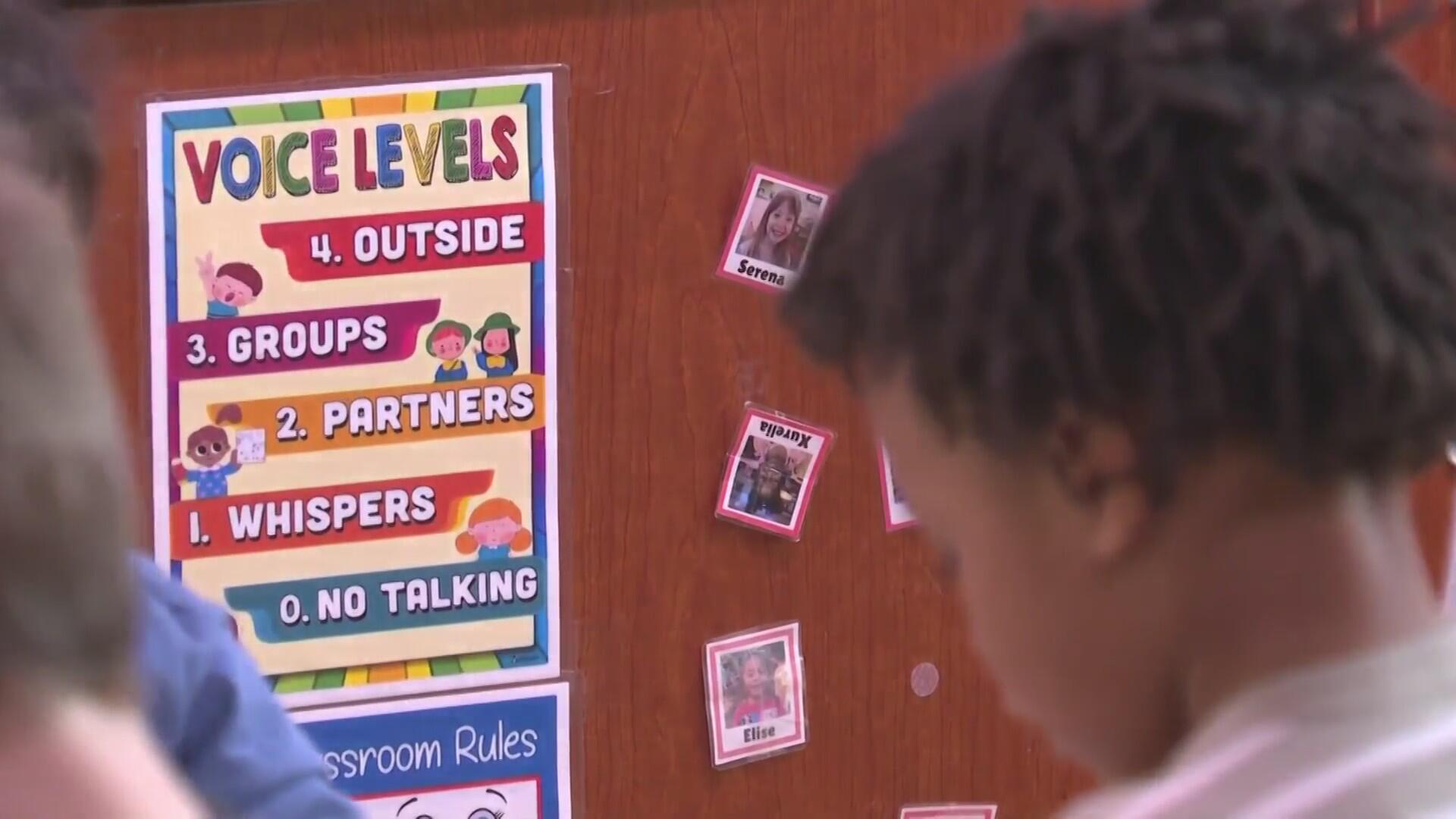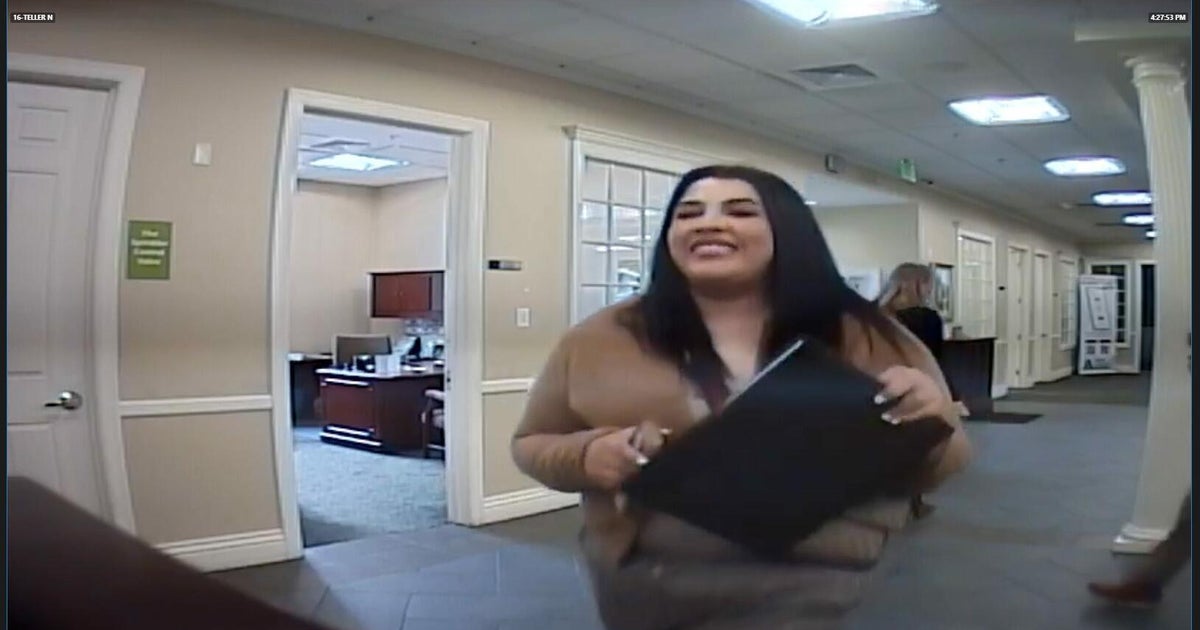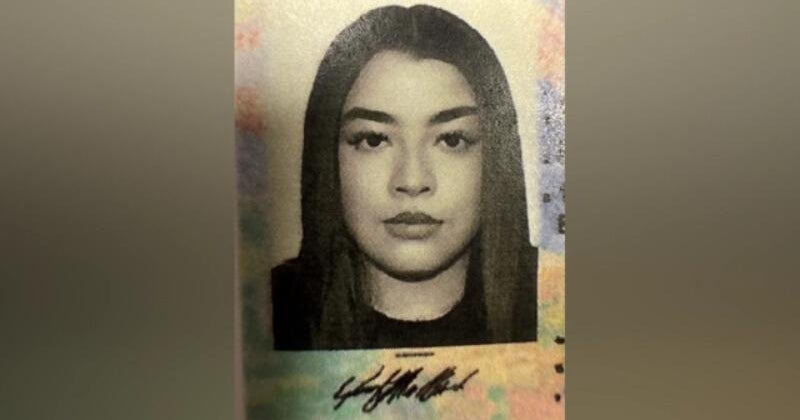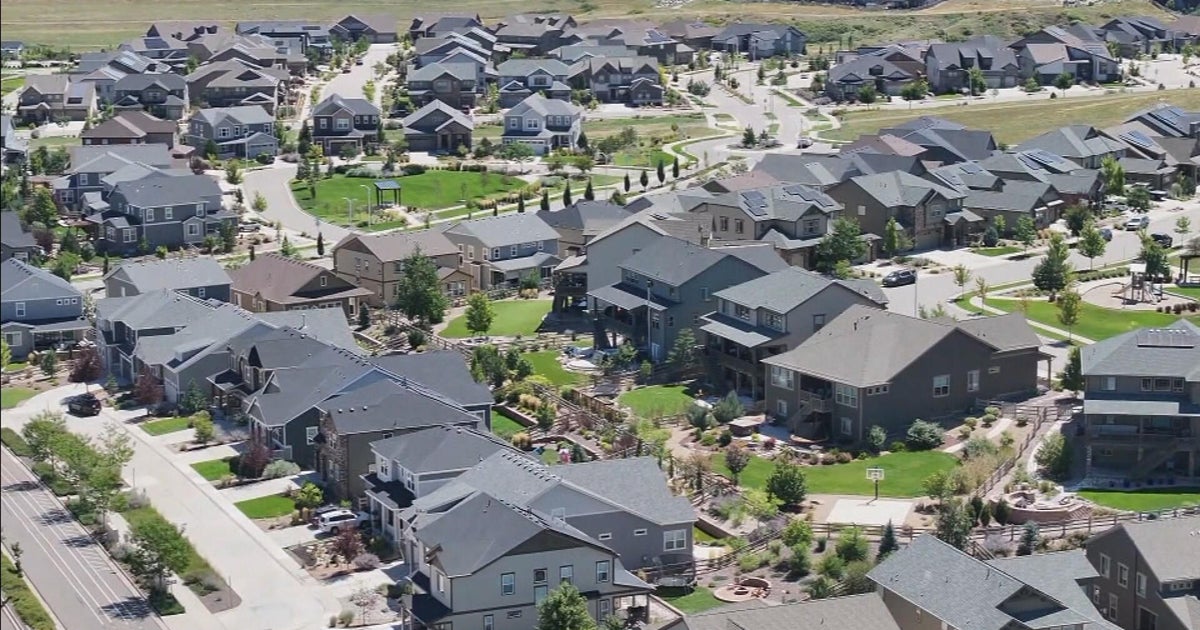Colorado child care assistance program freeze continues to put families at risk
A statewide freeze on Colorado's Child Care Assistance Program is leaving thousands of families without support and forcing providers to absorb significant financial losses. Advocates warn the freeze could last for years unless federal action is taken.
At Warren Village Early Learning Center in Denver, president and CEO Ethan Hemming said the nonprofit has lost between $27,000 and $40,000 in revenue since April due to the halt in CCAP enrollments.
"That's revenue we would typically receive from CCAP," said Hemming.
The freeze began Jan. 1 and prevents new families from accessing the child care subsidy program, which helps low-income families afford licensed child care.
The funding freeze stems from a combination of new federal regulations and the expiration of COVID-era relief funds.
In 2024, the federal government implemented new rules requiring states to increase provider reimbursement rates and limit family copayments to no more than 7% of income, goals widely supported by the child care industry.
But the regulations came with no additional federal funding, leaving states like Colorado with a shortfall.
According to Dawn Alexander, executive director of the Early Childhood Education Association of Colorado, the state now faces a $48 million annual gap due to the unfunded mandate.
"Right now, about 50% of community-based programs aren't financially sustainable," Alexander said. "If counties can't serve low-income families through CCAP, it's devastating -- and it's going to get exponentially worse."
The association estimates that 7,500 children currently cannot be placed in child care due to a lack of funding.
Alexander said Colorado would need at least $20 million in additional annual funding to meet current market rates and serve more families.
"Unless the federal rules are rescinded, we won't be able to lift these freezes for three to five years -- maybe even 10," she said.
For working parents like Genesis Zambrana, a teacher and parent at Warren Village, the CCAP freeze has created growing anxiety.
"There's this constant stress and uncertainty," Zambrana said. "It feels like a snowball effect."
The Colorado Department of Early Childhood says that these federal changes are good for families who already have access to the program by decreasing their co-pay cost to participate and will support better payment practices for child care providers by reimbursing for the true cost of child care and mirroring certain private pay practices.
"Congress has not increased federal funding to pay for these new requirements, which were implemented after the stimulus funding was used. Unfortunately, without additional federal funding, the only way the program can afford the increased costs is to decrease the total number of families served," said the CDEC in a prepared statement.
The department requires counties to implement a CCAP freeze to track, and report waitlisted families. That data is made public monthly on the department's website.
The Early Childhood Education Association has submitted formal comments to the federal government, requesting deregulation or additional funding, but there's no timeline for a response.
